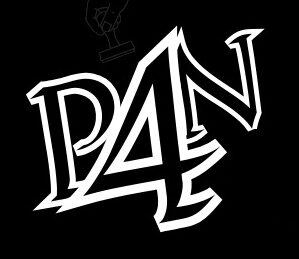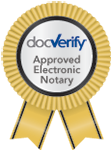When you need to submit official documents for use in foreign countries, they often require verification in the U.S. This process may involve notarization, Apostille/Authentication from the 50 states & DC Secretary of State, U.S. Department of State Apostille/Authentication, and Embassy/Consulate Legalization.
Notarization is a fraud-deterrent process that assures the parties of a transaction that a document is authentic and trustworthy. It involves vetting, certifying, and record-keeping by a Notary Public. However, most corporate records and federally issued documents cannot be notarized by a local notary. You may be required to request a certified copy or the original document from the issuing agency, which bears the signature of a public official and an embossed seal or colored stamp.
Hague Apostille Country: Requires an Apostille certificate issued by the 50 states & DC Secretary of State for local and state documents.
Non-Hague Apostille Country: Requires a multi-step authentication process for local and state documents, involving the Secretary of State, U.S. Department of State (if required), and the foreign country’s Embassy in DC. Federally-issued documents require authentication from the U.S. Department of State and the foreign country’s Embassy in DC.
Federal Courts Documents: Documents from federal courts (district courts) must be certified by the U.S. Department of Justice before presenting them to the U.S. Department of State for apostille or authentication.
All documents in a foreign language must include a certified or notarized English translation.



We are a legal entity. We are not affiliated, associated, endorsed by, or in any way officially connected with any government agency. The materials and information available at this website are for informational purposes only and not for the purpose of providing legal advice. We provide information and software and you are responsible for appropriately using this material.
© 2024 Per4mance Notary Services